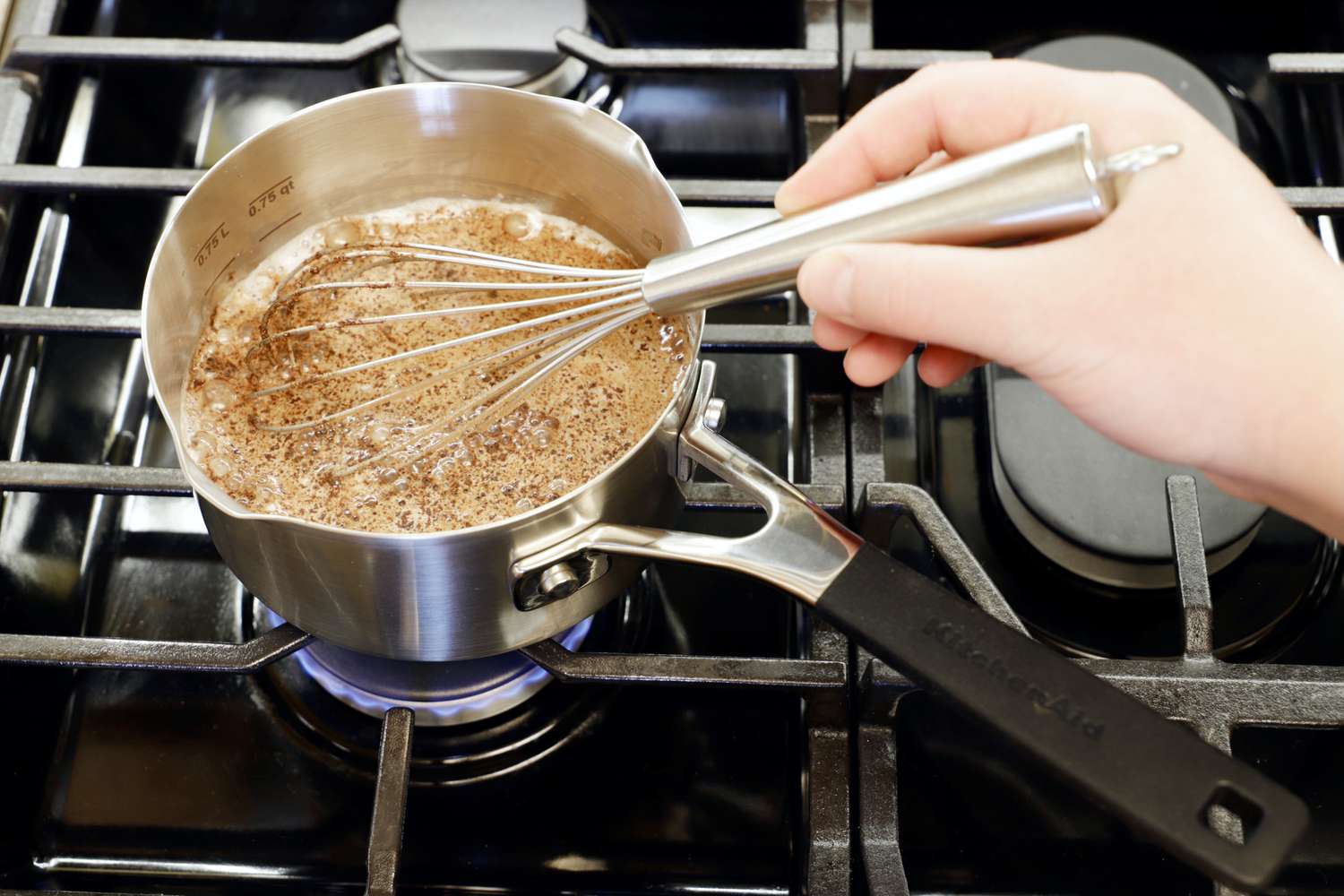What is a nonreactive saucepan and why it matters for your barbecue?
Written By James Morgan
Have you ever wondered, what is a nonreactive saucepan? Whether you are new to barbecuing or a seasoned grill master, having the right cookware can make a world of difference. When it comes to barbecue enthusiasts, the use of quality equipment ensures that the flavors you work so hard to develop aren't compromised. In this article, we will delve into the details of nonreactive saucepans, exploring what they are, why they are essential in barbecue cooking, and how to use them effectively.

What Does Nonreactive Mean?
A nonreactive saucepan is made from materials that do not chemically react with acidic or alkaline foods. This characteristic is crucial for maintaining the integrity and taste of the food you are cooking. Acidic ingredients such as tomatoes, vinegar, and citrus can react with certain metals, altering the flavor and even posing potential health risks. Materials such as stainless steel, enamel-coated cast iron, and glass are classified as nonreactive, ensuring that your dishes maintain their intended flavors.
Why Barbecue Enthusiasts Should Care
For barbecue enthusiasts, maintaining the authenticity of ingredients is paramount. Using a nonreactive saucepan is particularly beneficial when creating marinades, sauces, and glazes. These components often contain acidic elements that can react negatively with reactive cookware. The result of this care is a purer, more delicious end product.

Key Benefits of Using a Nonreactive Saucepan
Understanding what is a nonreactive saucepan brings us to its key benefits:
- Preserves Flavor: By preventing chemical reactions, the original flavors are enhanced and preserved.
- Healthier Cooking: Nonreactive materials ensure that no harmful metallic elements are introduced into your food.
- Long-lasting and Durable: High-quality nonreactive cookware is built to last, making it a valuable investment for barbecue enthusiasts.
Choosing the Right Nonreactive Saucepan
When selecting a nonreactive saucepan, youll find various options on the market. Its essential to consider factors such as material, price, and durability. Stainless steel nonreactive saucepans provide a robust option for any serious barbecuer. Enamel-coated cast iron offers excellent heat retention and even distribution, which is ideal for slow-cooking sauces.

How to Care for Your Nonreactive Saucepan
Maintaining your nonreactive saucepan ensures it remains effective for many barbecuing seasons. Regular cleaning and proper storage can extend its lifespan remarkably. Check out these useful guides on cleaning a scorched saucepan and cleaning a burnt saucepan with baking soda for practical tips.
Frequent Uses in Barbecue
Nonreactive saucepans are incredibly versatile and can be used in various stages of your barbecuing process. From preparing marinades to creating those thick, silky sauces that compliment your grilled meats. They also serve well in deep frying, as outlined in this guide on how to deep fry in a saucepan.
FAQs about Nonreactive Saucepan
Q1: What makes a saucepan nonreactive?
A nonreactive saucepan is made from materials such as stainless steel, glass, or enamel-coated cast iron, which do not chemically interact with acidic or alkaline ingredients.
Q2: Can I use a nonreactive saucepan for all types of cooking?
Yes, nonreactive saucepans are versatile and suitable for various cooking tasks, including boiling, simmering, and preparing delicate sauces.
Q3: Are nonreactive saucepans more expensive?
While they can be pricier than reactive counterparts, the investment in nonreactive saucepans is worth it for their durability and the quality of food they help produce.
For a more detailed comparison and additional information on saucepan usage, refer to this comprehensive guide Saucepan vs Pot Explained.
As an Amazon Associate, I earn from qualifying purchases.



